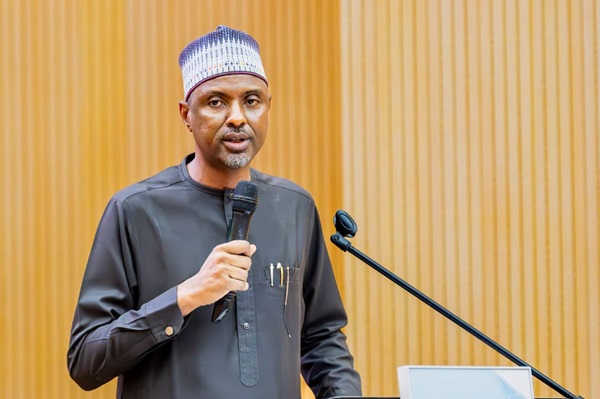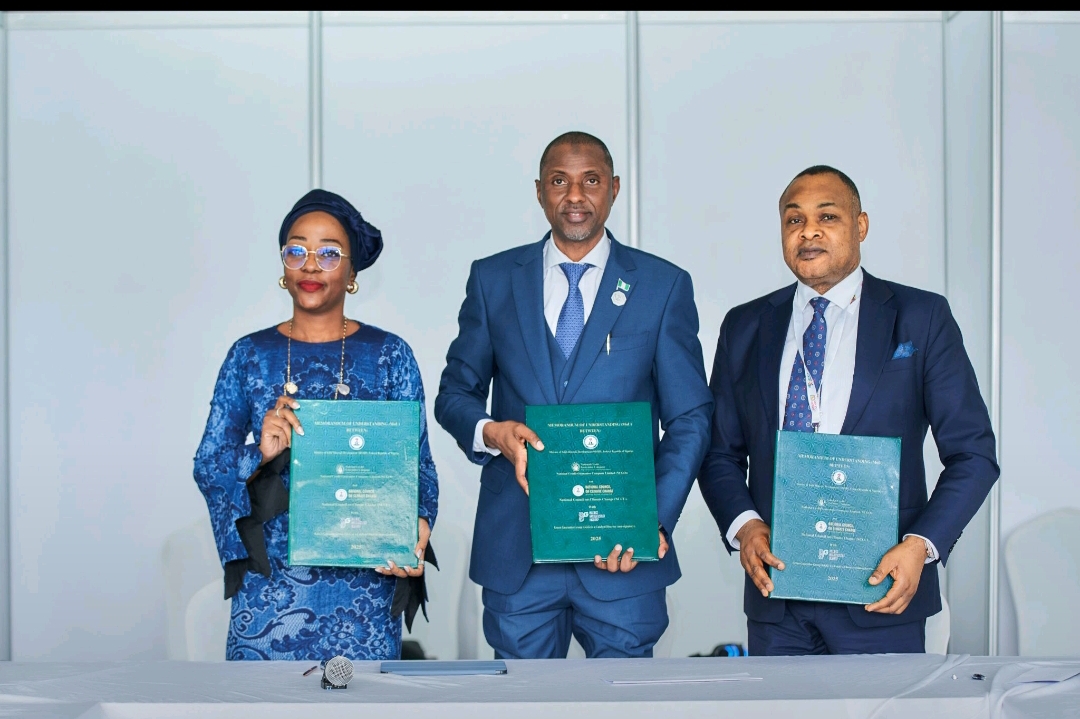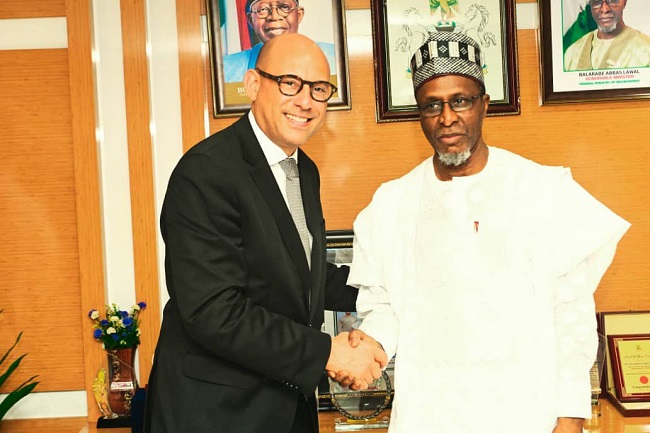Nigeria has announced a bold move to unlock climate finance using innovative guarantee instruments and domestic resource mobilisation, as part of its strategy to confront the growing climate crisis facing Africa.
Speaking on the sidelines of the just-concluded African Climate Summit 2 in Addis Ababa, Ethiopia, the Permanent Secretary of the Federal Ministry of Solid Minerals Development, Engr. Faruk Yabo Sabo disclosed that the country is charting a fresh pathway to reduce dependence on costly external borrowing while attracting private sector investments into climate-aligned sectors.
According to him, the Nigerian government has prioritized the use of financial guarantees as a tool to de-risk climate investments in renewable energy, agriculture, and other green growth sectors.
Highlighting Nigeria’s participation at the summit, Yabo confirmed the signing of a tripartite Memorandum of Understanding (MoU) between the Ministry of Solid Minerals Development, the National Credit Guarantee Company (NCGC), and the National Council on Climate Change (NCCC).
“The deal will mainstream the use of guarantees in climate finance, helping us leverage limited public resources to mobilise large-scale private capital,” he explained.
Yabo described guarantees as an underutilized instrument, noting that public finance is shrinking globally while governments are under increasing fiscal pressure.
Nigeria also co-hosted a high-level side event with Germany under the Green Guarantee Initiative, which was attended by the African Development Bank (AfDB), the African Group of Negotiators, and German government officials.
The session explored how African countries can deploy guarantee mechanisms to scale renewable energy projects, attract global investors, and lower the cost of capital for small businesses and climate-smart ventures.
“We are working with partners to design structures that integrate guarantees into our financial systems. This will lower borrowing costs, extend loan tenors, and encourage private banks to support clean energy and agriculture,” Yabo said.
The Permanent Secretary also revealed that Nigeria is engaging with development partners on debt-for-nature swaps, an innovative financing model that allows countries to restructure external debt in exchange for committing funds to conservation and climate action.
“This is about easing debt burdens while ensuring we accelerate investment in projects that protect our people and environment,” he noted.
National Credit Guarantee Company as a Catalyst
On domestic reforms, Yabo pointed to the creation of the National Credit Guarantee Company (NCGC), which he described as a potential “game-changer” for Nigeria’s climate financing strategy.
According to him, each naira or dollar guaranteed by the NCGC could attract up to ten times more financing from private investors and multilateral partners.
He disclosed that discussions are ongoing with the Central Bank of Nigeria (CBN) and other regulators to fully integrate guarantees into the financial sector.
Unified Government Effort
For the first time, Yabo said, Nigeria is presenting a unified front, with the ministries of Environment, Solid Minerals, Finance, and Foreign Affairs working in close coordination.
“With strong partnerships and a clear focus on guarantees, Nigeria is not only securing climate finance for itself but also helping to lead Africa in unlocking the massive potential before us,” he declared.
Analysts say Nigeria’s strategy could offer a model for other African countries grappling with limited access to climate finance.
Oluwasegun Ayinde commended the move by the country, saying, “ By reducing reliance on loans and focusing on guarantees, Nigeria may be able to scale renewable energy, boost food security, and build resilience to worsening climate impacts,”.
The African Climate Summit 2 ended with calls for bold financing mechanisms that match the urgency of the climate crisis, and Nigeria’s approach is already drawing continental attention.
By Dare Akogun, Addis Ababa





